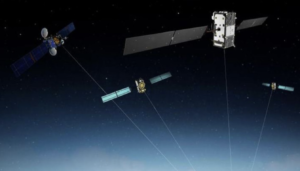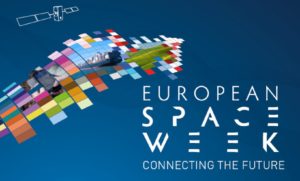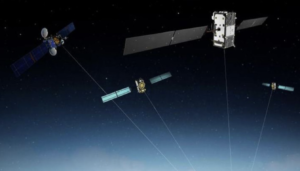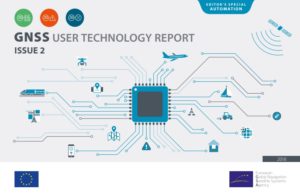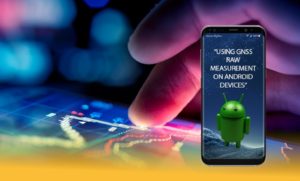Global Navigation Satellite Systems (GNSS), including Galileo, play a key role in the Internet of Things (IoT), and positioning, velocity and timing information supports a wide range of context-aware applications, from drones and driverless cars to asset tracking.
In recent years, access to GNSS technology has developed exponentially, quickly progressing from the appearance of the first GPS navigation equipment to the current situation, with more than 6 billion GNSS devices available globally. What’s more, the arrival of the IoT has considerably increased the number of services and applications that require positioning information. Read more…



